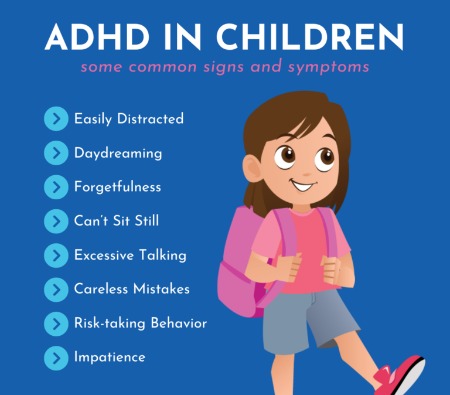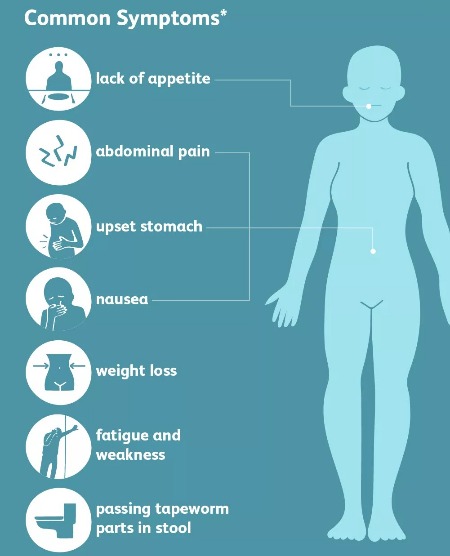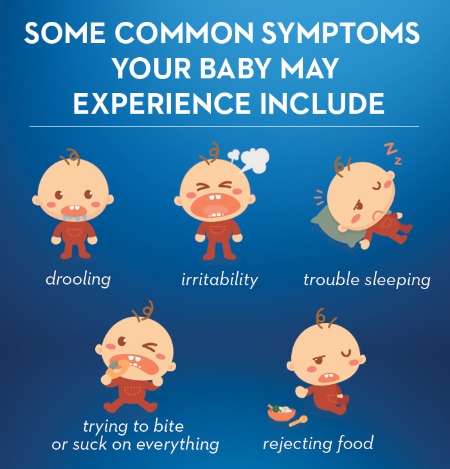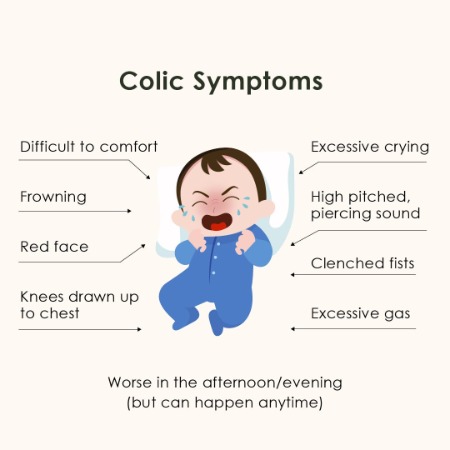Child Disorders

Child Disorders

What is ADHD?
ADHD stands for attention deficit hyperactivity disorder. It is a medical condition. A person with ADHD has differences in brain development and brain activity that affect attention, the ability to sit still, and self-control. ADHD can affect a child at school, at home, and in friendships.
What Are the Signs & Symptoms of ADHD?
- Inattentive
- Hyperactive
- Impulsive
All kids struggle at times to pay attention, listen and follow directions, sit still, or wait their turn. But for kids with ADHD, the struggles are harder and happen more often.Kids with ADHD can show signs in any or all these areas:
Kids who are inattentive (easily distracted) have trouble focusing their attention, concentrating, and staying on task. They may not listen well to directions, may miss important details, and may not finish what they start. They may daydream or dawdle too much. They may seem absent-minded or forgetful, and lose track of their things.
Kids who are hyperactive are fidgety, restless, and easily bored. They may have trouble sitting still, or staying quiet when needed. They may rush through things and make careless mistakes. They may climb, jump, or roughhouse when they shouldn't. Without meaning to, they may act in ways that disrupt others.
Kids who are impulsive act too quickly before thinking. They often interrupt, might push or grab, and find it hard to wait. They may do things without asking for permission, take things that aren't theirs, or act in ways that are risky. They may have emotional reactions that seem too intense for the situation.
.jpg)
What is Attention Deficit Disorder?
Attention Deficit Disorder is characterized by persistent difficulty in maintaining attention and concentration.
They’re also called stress headaches, and they’re the most common type for adults.
Signs & Symptoms Of Attention Deficit Disorder
- Trouble paying attention (easily sidetracked)
- Doesn't like or avoids long mental tasks (such as homework)
- Trouble staying on task during school, at home, or even at play
- Disorganized and seems forgetful
- Doesn't appear to listen when directly spoken to
- Doesn't pay close attention to details
- Loses things often
- Makes careless mistakes
- Struggles to follow through with instructions
The symptoms include:

What is worm infestation?
Intestinal worm infection can be caused due to ingestion of contaminated water or food or sometimes due to putting dirty fingers into the mouth which most of the children do or due to poor hygiene.
Signs & Symptoms Of Worm Infestation
- Itching around the anus (especially at night)
- Trouble sleeping
- Vaginal discharge in girls, if pinworms spread to the vagina
- Sore, red infected anal skin (which can happen from scratching)
- Tiny white worms (like a piece of thread, as big as a staple):
- Around the anus (check after your child has been asleep for 2–3 hours)
- In the toilet or on the toilet paper after your child goes to the bathroom
- In the underwear in the morning
- Pain in abdomen
- Vomiting
- Irritability
- Weight loss
- Bed wetting
- Blood in stools.

What is Teething?
Teething is when your baby’s teeth start to come through their gum line.
When Do Babies Start Teething?
- Swollen, tender gums
- Fussiness and crying
- Diarrhoea
- A slightly raised temperature (less than 101 F)
- Vomiting
- Rashes
- Gnawing or wanting to chew on hard things
- Lots of drool, which can cause a rash on their face
- Coughing
- Rubbing their cheek or pulling their ear
- Bringing their hands to their mouth
- Changes in eating or sleeping patterns
Most babies begin to teethe between 4 and 7 months old, but some start much later. There’s no need to worry if your baby’s teeth come in on another timetable it can be different for every baby.
Signs and Symptoms of Painful Teething
The symptoms aren’t the same for every baby, but they may include:

What is Adjustment Disorder?
Adjustment disorders are a mental health condition in which a child has an unusually strong or long-lasting reaction to an upsetting event. The event can be anything that’s important to the child, such as a death in the family or moving to a new house or school. Children with an adjustment disorder have a hard time coping with their feelings about the event and show signs of anxiety, depression or behaviour problems.
Signs & Symptoms of Adjustment Disorder
- Anxiety
- Depression
- Trouble sleeping
- Crying a lot
- Avoiding school, family and friends
- Fighting
- Anger
The symptoms of adjustment disorders can look very different in different children. The main thing is that a child with adjustment disorder will act or feel noticeably different from the way they did before the stressful event. Some common signs of an adjustment disorder include:
These reactions last longer than you would expect and get in the way of the child’s daily life.

What is Behavioural Problem?
When children act out more than occasionally with frequent tantrums, outbursts or defiance the first step to dealing with the problem behaviour is finding out what’s behind it. And the cause may not be obvious. Especially when children are young, they may not be able to tell you what they’re feeling. And in fact they may not even know what’s bothering them.
Tantrums and outbursts are usually signs that kids are struggling with feelings they don’t have the skills to manage. They may be overwhelmed by their frustration or anger and not know how to express themselves more effectively, or calm themselves down. They may need help developing skills to control their behaviour.
Tantrums and outbursts are usually signs that kids are struggling with feelings they don’t have the skills to manage. They may be overwhelmed by their frustration or anger and not know how to express themselves more effectively, or calm themselves down. They may need help developing skills to control their behaviour.
Signs & Symptoms Of Behavioural Problem
Following are some signs and symptoms of behaviour problem in children:
- Often getting angry or losing your temper
- Arguing constantly with adults
- Refusing to comply with rules or requests
- Blaming others for your mistakes
- Appearing resentful
- Antagonizing others or becoming easily annoyed by the actions of other people
- Getting into physical fights
- Bullying others
- Stealing from others
- Deliberately harming peers
- Using weapons like a stick or bat against others
- Showing few signs of remorse for their actions
- Destroying property
- Being afraid to separate from a parent
- Not wanting to go to school because they don't want to be around people
- Having phobias tied to specific objects or situations like animals or going to the doctor
- Always worrying about something terrible happening
- Experiencing panic attacks

What is Colic?
Colic is frequent, prolonged and intense crying or fussiness in a healthy infant. Colic can be particularly frustrating for parents because the baby's distress occurs for no apparent reason and no amount of consoling seems to bring any relief. These episodes often occur in the evening, when parents themselves are often tired.
Signs & Symptoms Of Colic
Features of colic may include the following:
- Intense crying that may seem more like screaming or an expression of pain
- Crying for no apparent reason, unlike crying to express hunger or the need for a diaper change
- Extreme fussiness even after crying has diminished
- Predictable timing, with episodes often occurring in the evening
- Facial discolouring, such as skin flushing or blushing
- Body tension, such as pulled up or stiffened legs, stiffened arms, clenched fists, arched back, or tense abdomen
